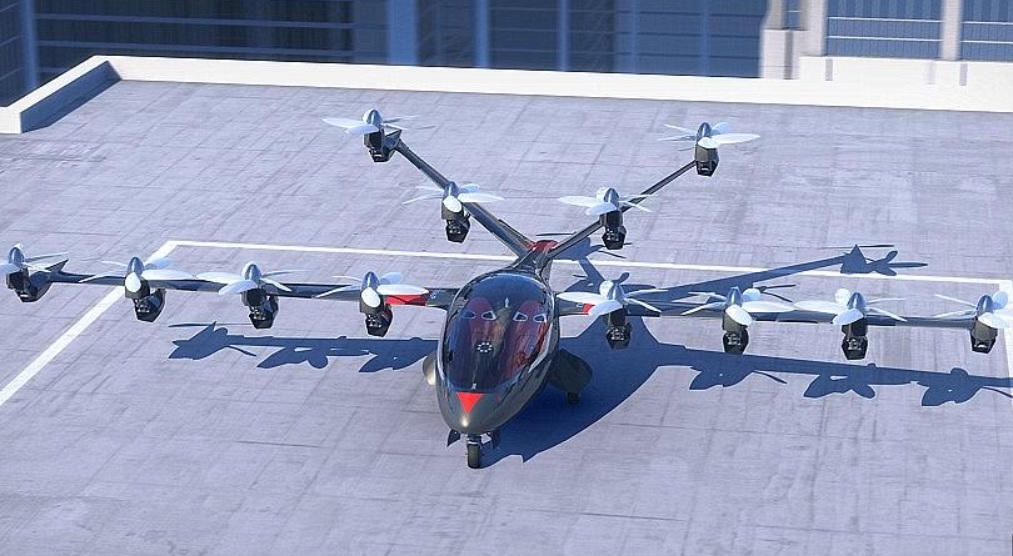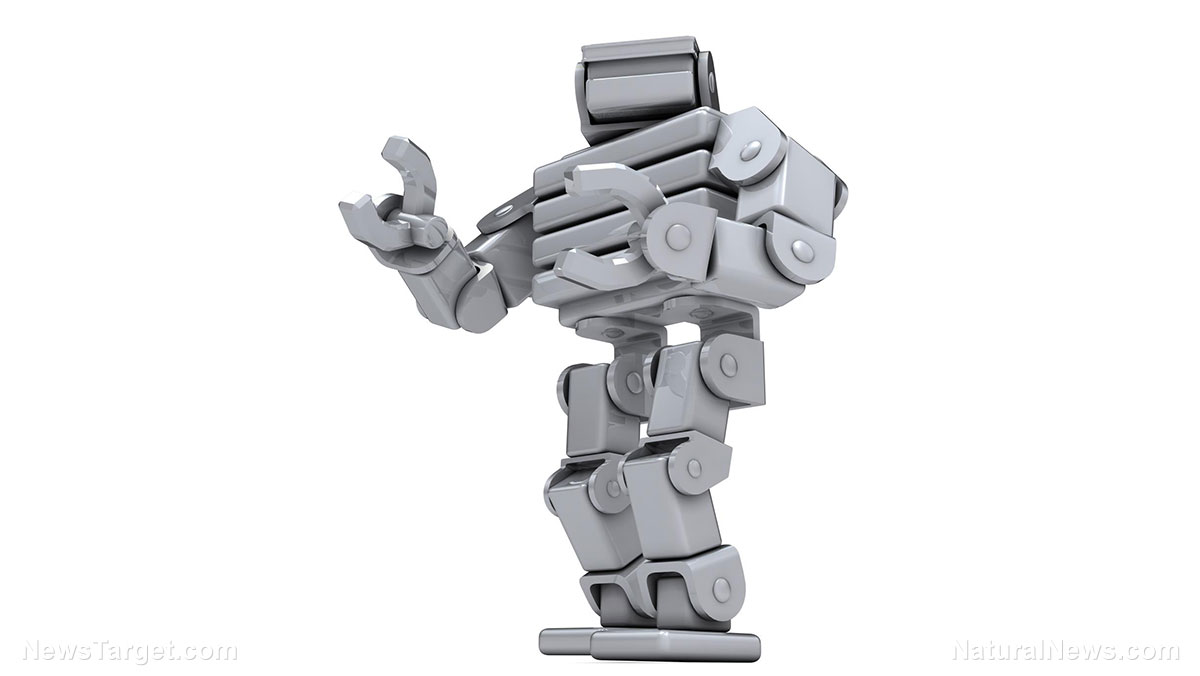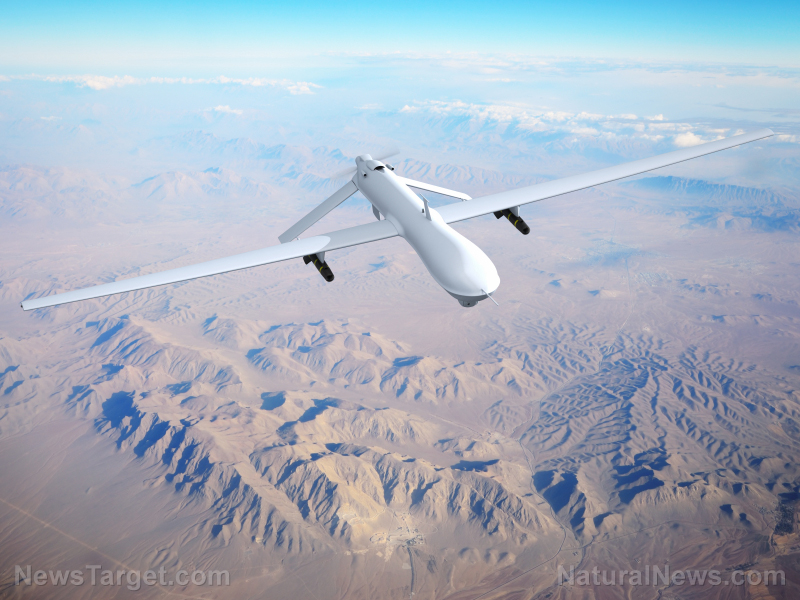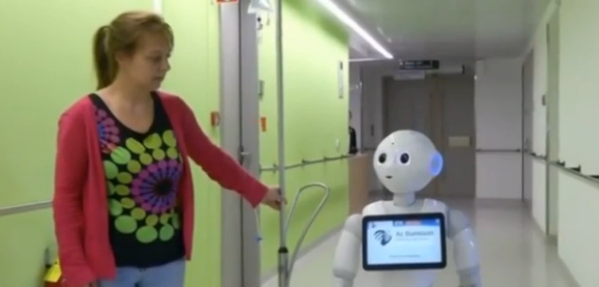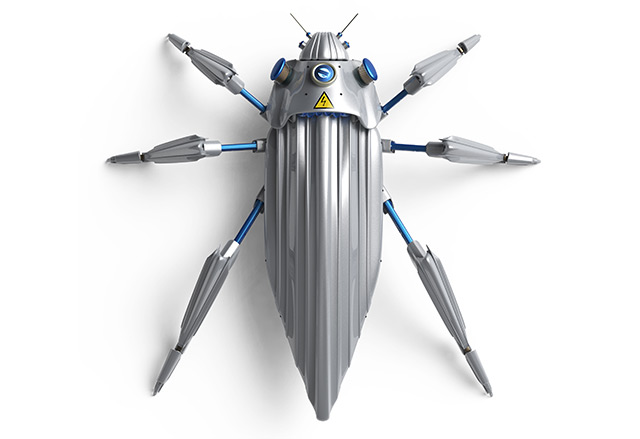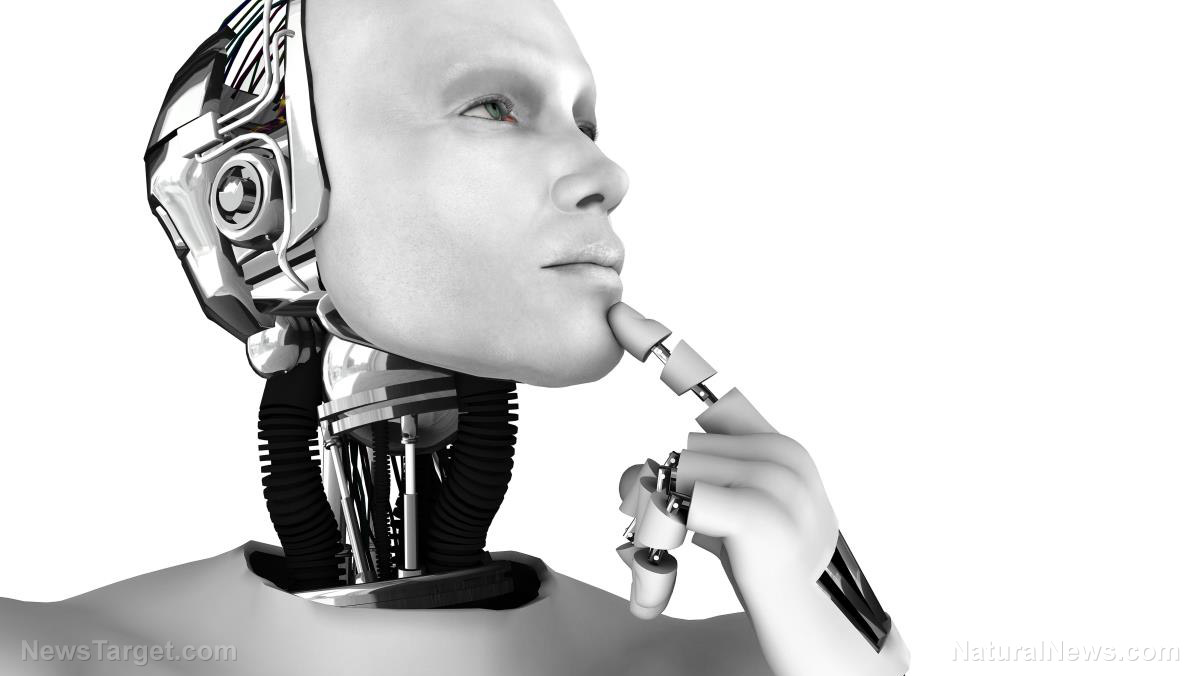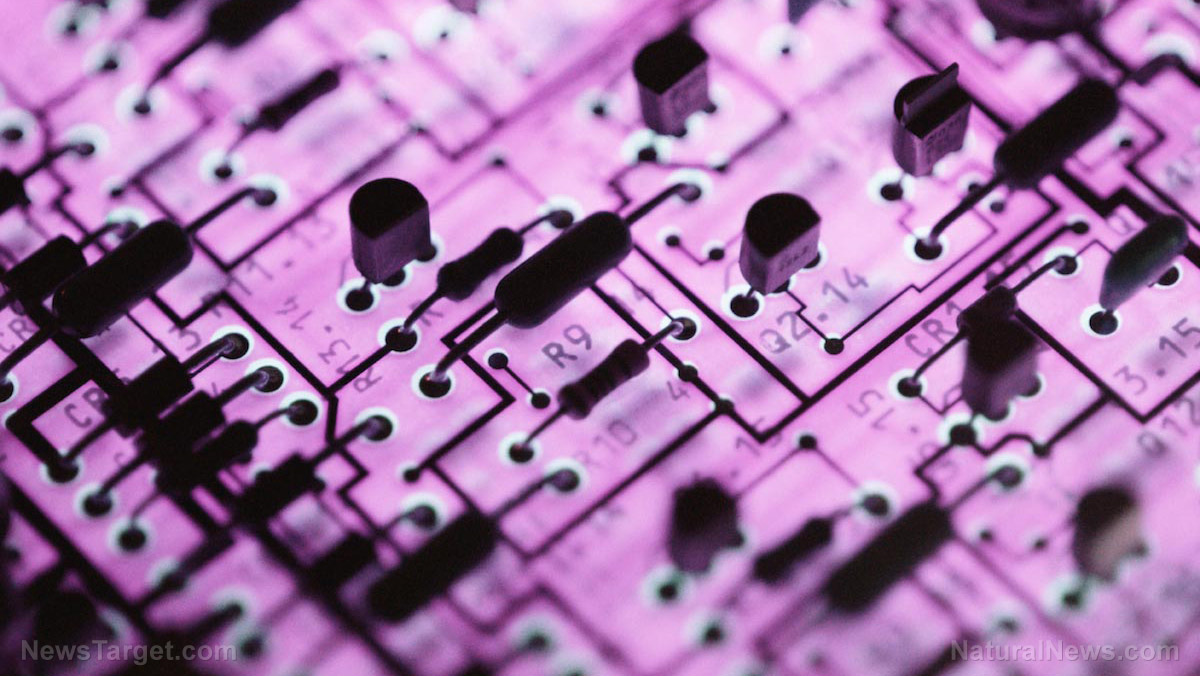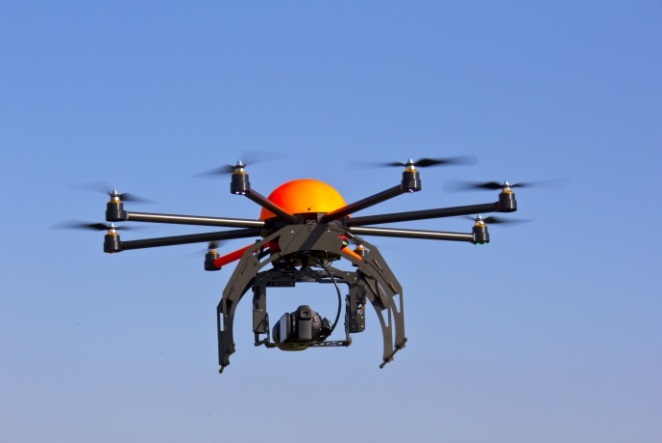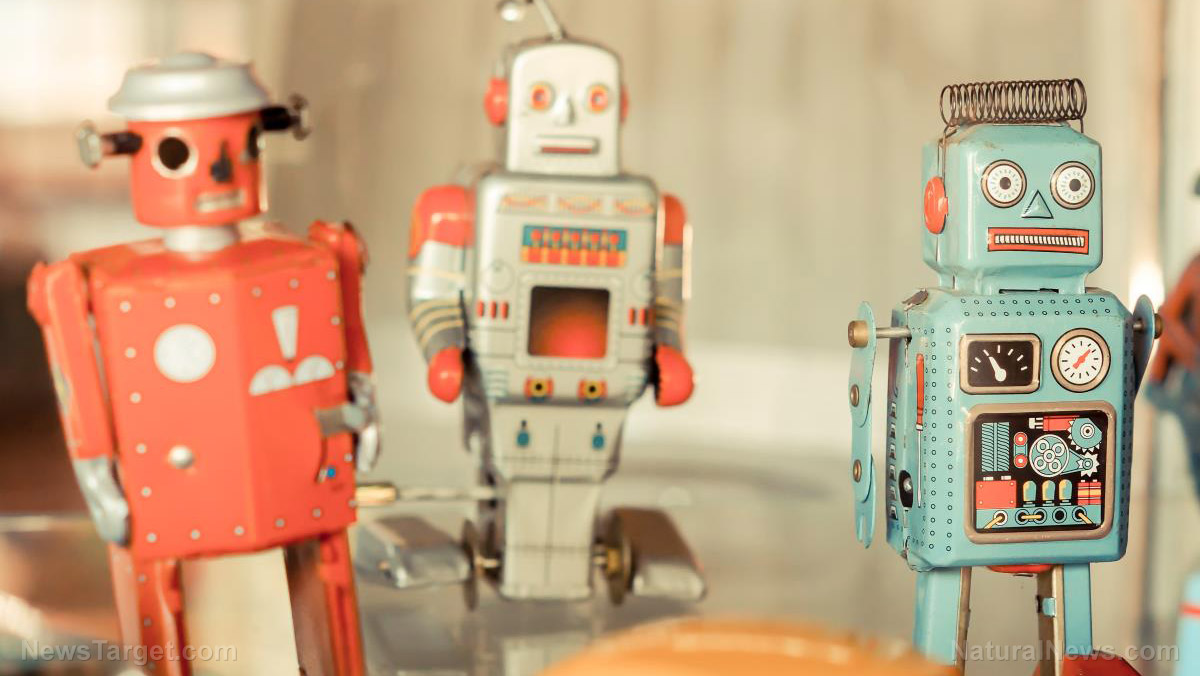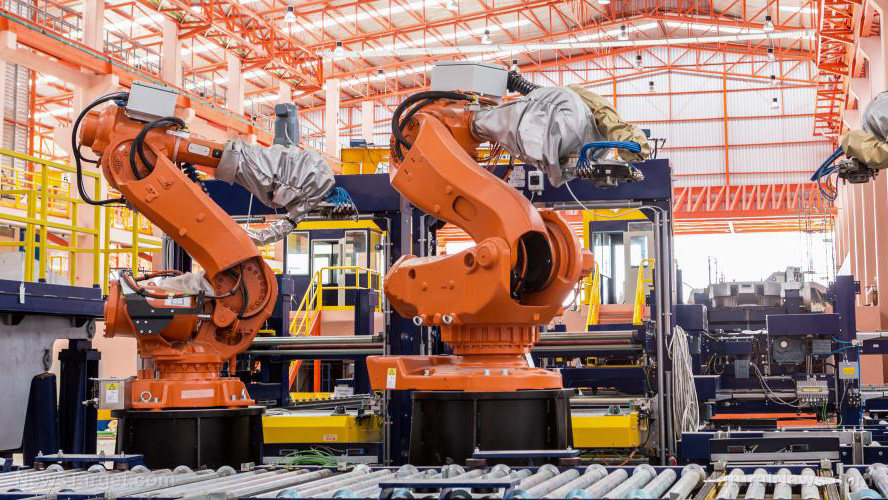As robots rise, blue collar jobs will fall. The robotic revolution will completely change the global economy in the next 20 years as machines take on various tasks, from flipping burgers to assisted living, according to forecasts by financial firm Bank of America Merril Lynch (BAML).
The robotic revolution may worsen social inequality as machines take on more jobs, whether it be cleaning carpets once reserved for maids, or assembling machines once thought to be only fit for warehouse workers. And as robots become more complex, they might soon acquire the ability to think, and in turn, take on jobs that require human judgment.
In a 300-page report, analysts from Bank of America Merrill Lynch conclude that we are in the midst of a fourth industrial revolution, following steam, mass production and electronics.
A paradigm shift in the workplace
“We are facing a paradigm shift which will change the way we live and work,” the authors say. “The pace of disruptive technological innovation has gone from linear to parabolic in recent years. Penetration of robots and artificial intelligence (A.I) has hit every industry sector, and has become an integral part of our daily lives.”
The bank estimated robots could boost work productivity by one-third in countries and reduce staff costs by about the same amount. Manufacturing jobs, as well as jobs that require little to no creativity, are at risk of being replaced by robots. In Britain, jobs that pay less than £30,000 a year are five times more likely to be replaced by robots than jobs that pay £100,000 a year or more.
“The trend is worrisome in markets like the US because many of the jobs created in recent years are low-paying, manual or services jobs which are generally considered ‘high risk’ for replacement,” the bank says.
“One major risk off the back of the take-up of robots and artificial intelligence is the potential for increasing labour polarisation, particularly for low-paying jobs such as service occupations, and a hollowing-out of middle income manual labor jobs.
It’s not just low-end jobs that are at risk, however. Medical robots and computer-assisted surgery will soon be able to take on healthcare jobs. In addition, carebots and drones are also expected to take on military jobs; and agribots, work reserved for farmers.
Furthermore, so called “cobots” will also have the ability to interact with people in the workplace. The multinational conglomerate company Hitachi is already implementing A.I. systems at various warehouses which dictate the behavior of workers. The system conjures up new ways to boost work productivity and cope with environmental changes.
To stay up to date on the impending robot revolution, visit Glitch.news, powered by Fetch.News.
A.I. makes its way into American life
A.I. will even make its way into American refrigerators and cars. A refrigerator could order food whenever it sees a specific item is running low. Cars could automatically avoid traffic jams. Indeed, nothing seems to be off-limits when it comes to A.I.
Robots could replace 35 percent of the jobs in the UK and 47 percent of jobs in the United States in the next twenty years, according to an Oxford University research.
In addition, there is a 50 percent chance that high level learning machines will be developed by 2050 and a 90 percent chance by 2075 — super intelligence is expected to be within reach 30 years thereafter.
The robotic revolution, however, is expected to cause both short-term and long-term problems, according to the report. A major short-term problem will be slowly weeding out people as robots take their jobs. A long-term problem will be to ensure A.I. systems don’t evolve into killer robots. If sci-fi and futuristic movies are any indication, we should definitely account for this possibility.
Whether or not robots will ultimately become our friends or foes remains unknown. What is known for sure, though, is that the roborevolution is happening — right now, and in years to come.
Sources:
TheGuardian.com
Express.Co.Uk
Robotics.News


